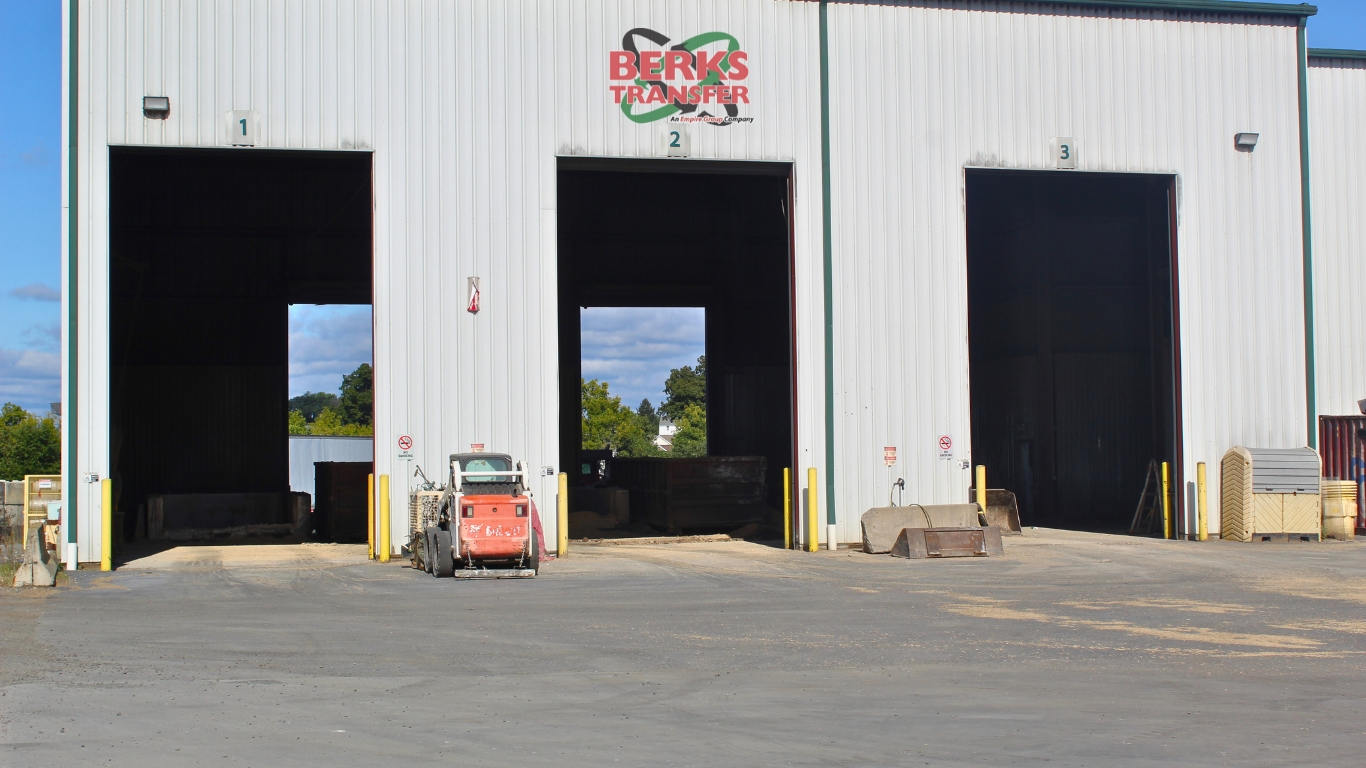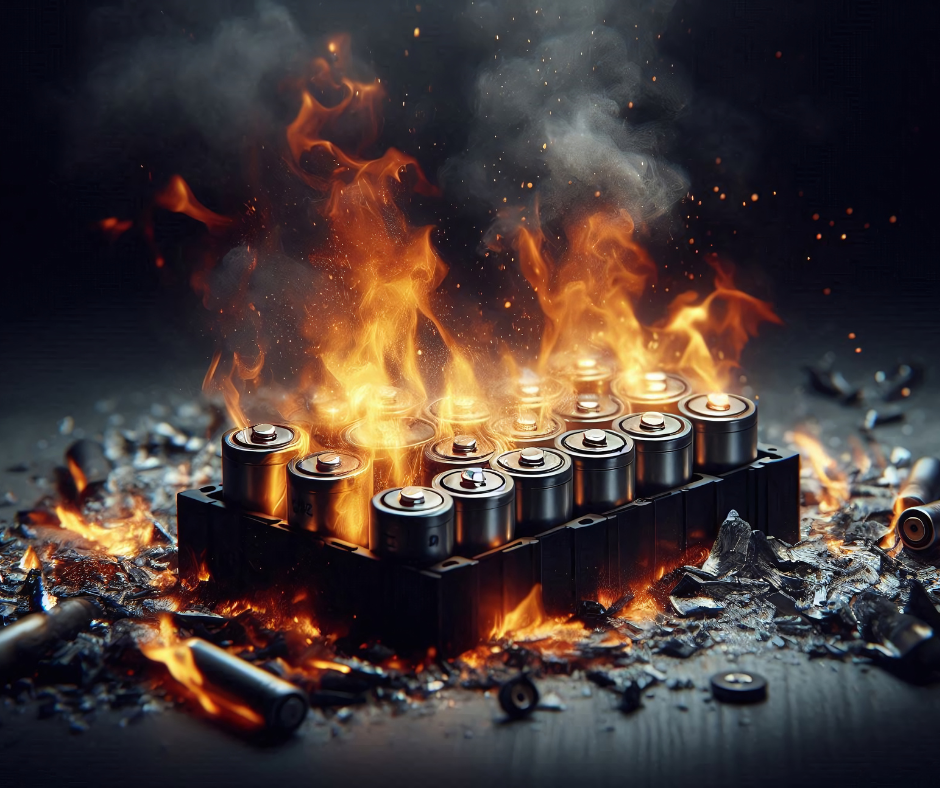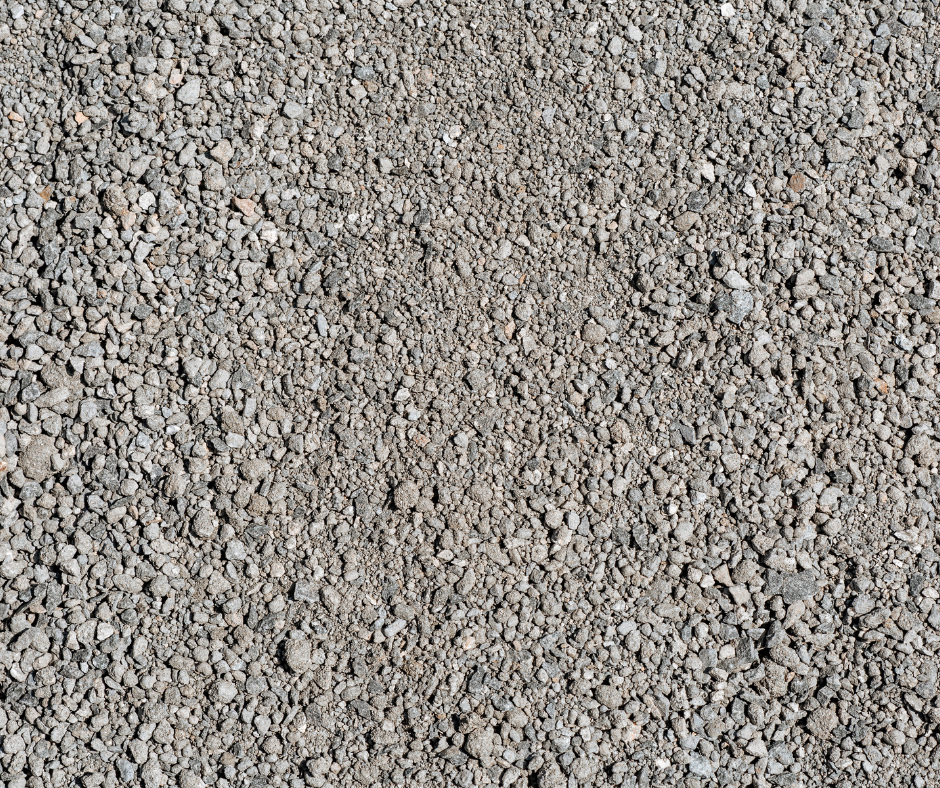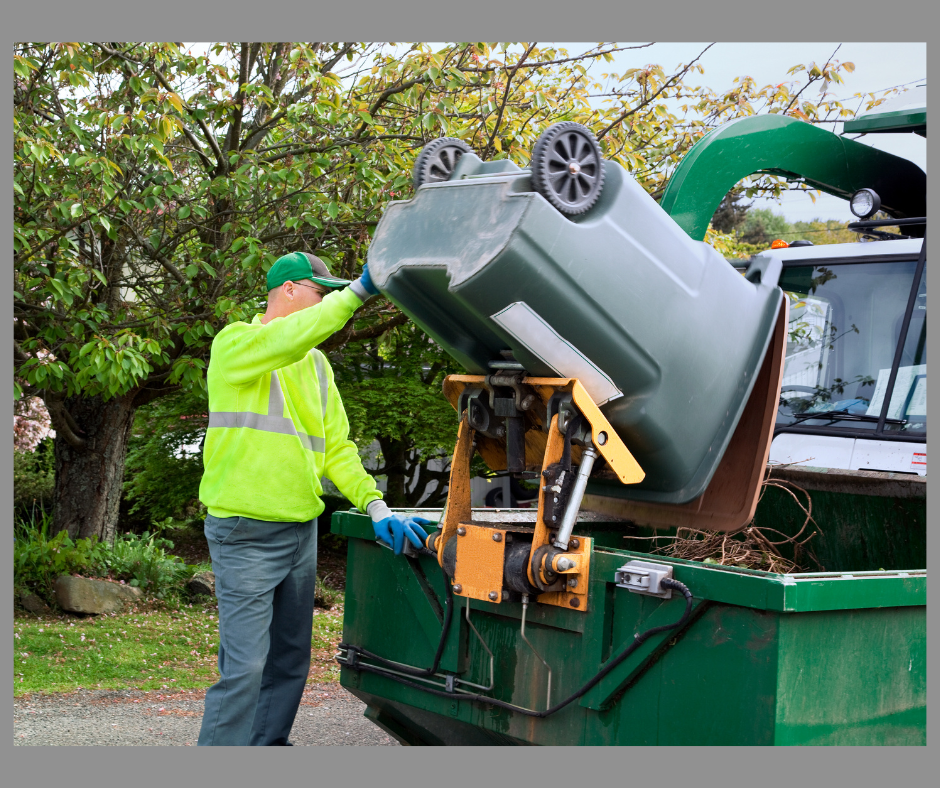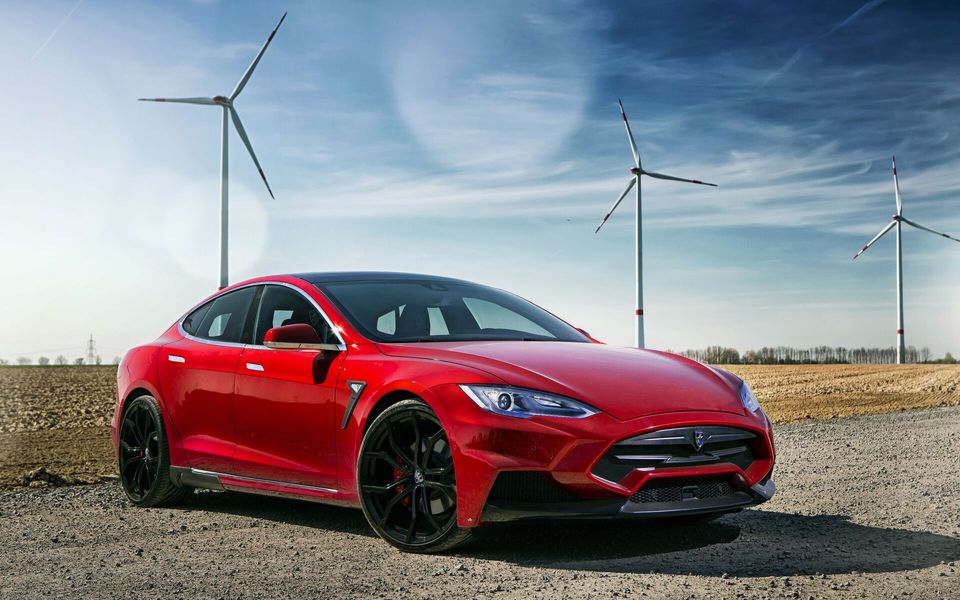
When it comes to disposing car batteries, two words should come to mind: lead and acid. I’ll say it again – lead and acid. People think that because batteries are packaged in heavy plastic blocks, that they don’t leak and don’t cause irreparable harm, but they do.
Car batteries contain toxic metals such as nickel cadmium, which is a carcinogen. The purpose of the metal is to act as a converter from chemical energy to electric energy. The water in batteries, which acts a conductor, is a mixture of sulfuric acid and water. Even if you spill it on the concrete or macadam while changing a battery or servicing a vehicle, there will be surface deterioration.
When it comes to disposal, most people do the right thing with their batteries. Over 90% percent of lead acid batteries are recycled each year, per the US Environmental Protection Agency. The fact is, it’s easy to properly dispose of car batteries, as almost any retailer that sells lead-acid batteries often collect them for recycling. In Berks County, available retailers who receive drop-offs can be found on the Berks County Recycling Center website.
What about electric car batteries? More than a million electric vehicles have been sold worldwide since 2017. Those vehicles alone will mean a quarter of a million tons of discarded battery packs. There’s a process called “thermal runaway” that can cause a chemical reaction, which can lead to the explosion of a battery. For obvious reasons, this isn’t something that we want to occur in landfills.
Toyota has established a program to research repurposing such batteries for use in solar panel systems. Other companies will have to follow such initiatives. Different manufacturers state different mileage and age statistics on how long these batteries will last, so time will tell. Tesla is ahead of the curve by increasing the “life” of the batteries from older vehicles with their newly battery that contains ODTO, which could last over a million miles.
Disposal is still going to present challenges, though. For now, contact to your vehicle manufacturer or dealership to determine your disposal options.

